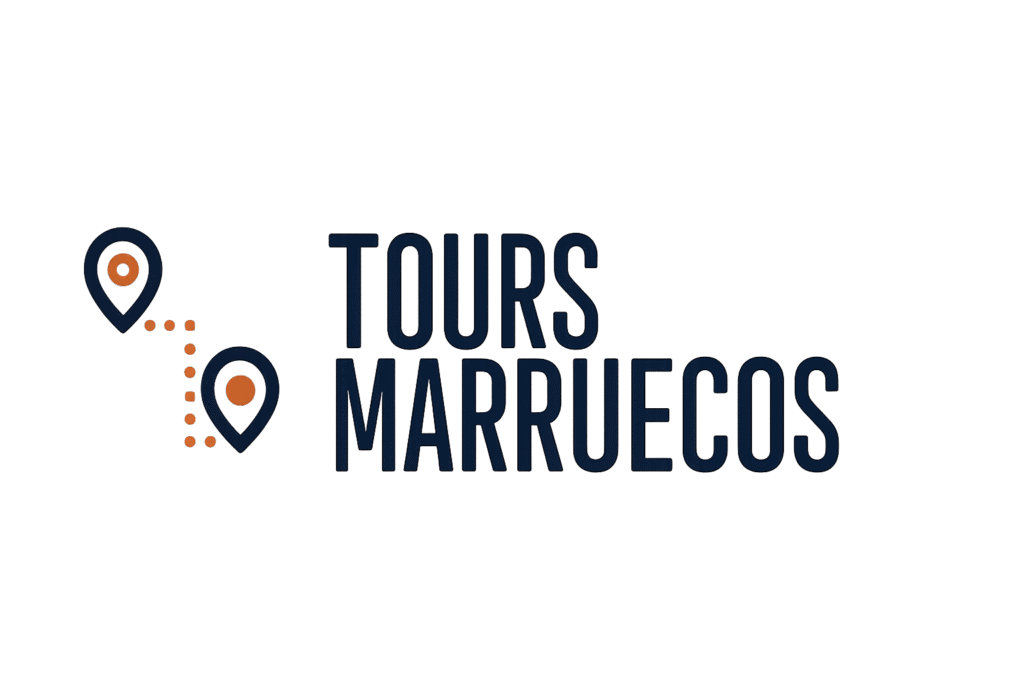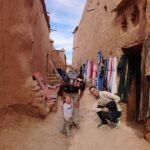Travel Tips Morocco – 7 Essential Tips for Travelers to Morocco
Before You Travel to Morocco: Essential Tips and Important Advice for a Safe and Unforgettable Trip
Essential Travel Tips Morocco | What to Know Before You Go
Traveling to Morocco for the First Time? Discover Our 7 Essential Morocco Travel Tips to Help You Plan the Perfect Trip.
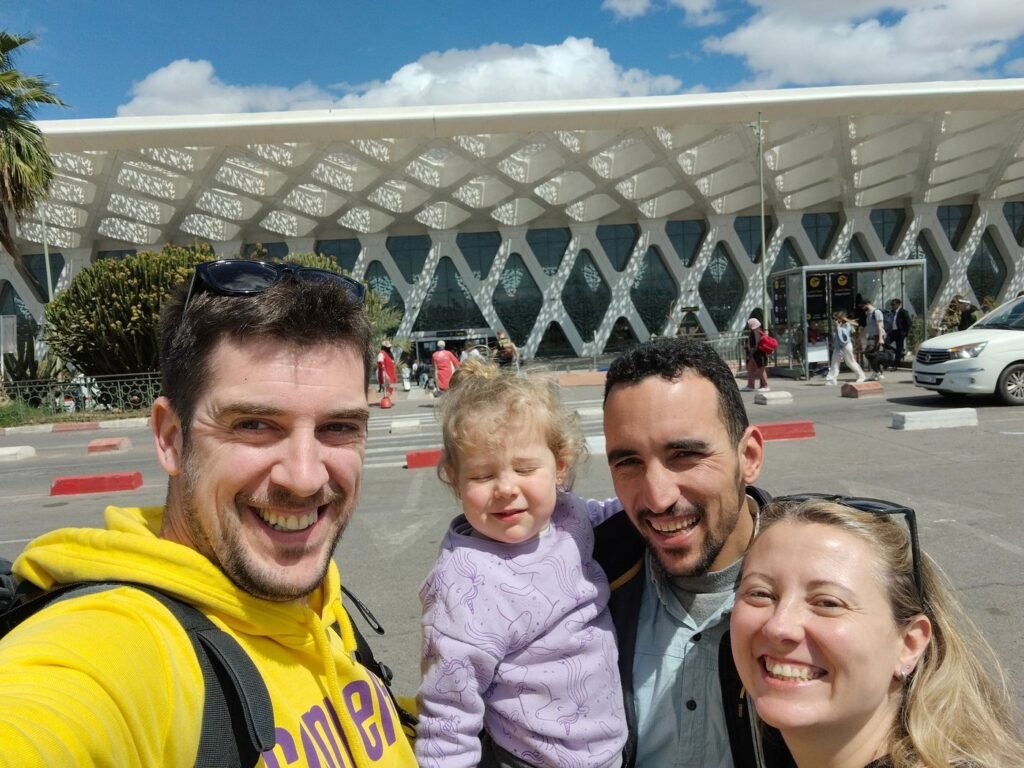
Is it Safe to Travel to Morocco on Your Own?
Morocco is one of the safest countries in Africa, especially for travelers. Tourism is one of the nation’s main sources of income, and the government invests heavily in ensuring that visitors feel comfortable and secure at all times.
That said, in less touristy areas or isolated neighborhoods of large cities — particularly at night — it’s best to take extra precautions and get information about any potential risks before exploring unfamiliar zones.
Petty crime is uncommon, but travelers should stay alert to small scams that occasionally occur in tourist hotspots. The most common include:
“Fake guides” in the medinas who work on commission for shops or restaurants.
Taxi drivers who don’t use the meter or agree on a fare in advance and later overcharge.
Vendors who sell low-quality products at high prices.
For a safe and enjoyable first experience in Morocco, it’s a great idea to book a private guided tour in Marrakech with a professional Spanish-speaking guide — you can choose your own route and explore comfortably.
You can also join a free walking tour in Spanish, perfect for getting to know the city.
If you’re visiting Fez, consider booking a guided tour in Spanish in advance to explore the main attractions of the Medina safely and efficiently.
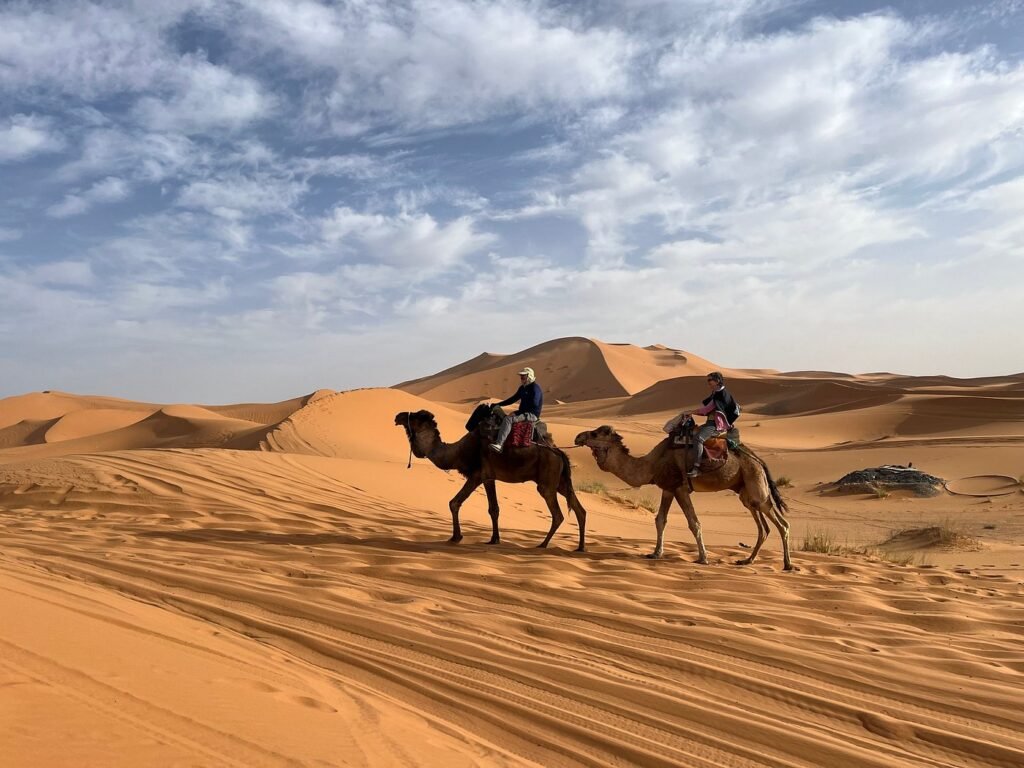
What Is the Best Time to Visit Morocco?
The best times to visit Morocco are during the low seasons — spring (March to May) and autumn (September to November). During these months, the weather is mild and pleasant, making it ideal for exploring cities, mountains, and the desert.
Summer can be extremely hot in the south, especially in the Sahara Desert, while winter can be quite cold in the Atlas Mountains. However, by choosing your destination carefully, you can always find a region with the perfect climate for your trip.
One of the unique aspects of Morocco’s climate is the contrast between day and night, as well as between winter and summer. The Atlantic coast enjoys moderate temperatures all year round, while the inland areas experience more extremes. Rainfall is irregular and often concentrated in autumn and spring, bringing both sunshine and occasional showers.
In truth, Morocco is a year-round destination thanks to its diverse landscapes and climates. The best time to go depends on what you want to experience:
February: Ideal for desert treks and fewer crowds.
April: Perfect for visiting the imperial cities like Marrakech and Fez.
July: Great for relaxing on the beaches of Essaouira or Agadir.
Summer months: Best for hiking in the Rif and Atlas Mountains.
So, the best time to travel to Morocco really depends on your preferences — whether you’re looking for adventure in the desert, culture in the cities, or relaxation by the sea.
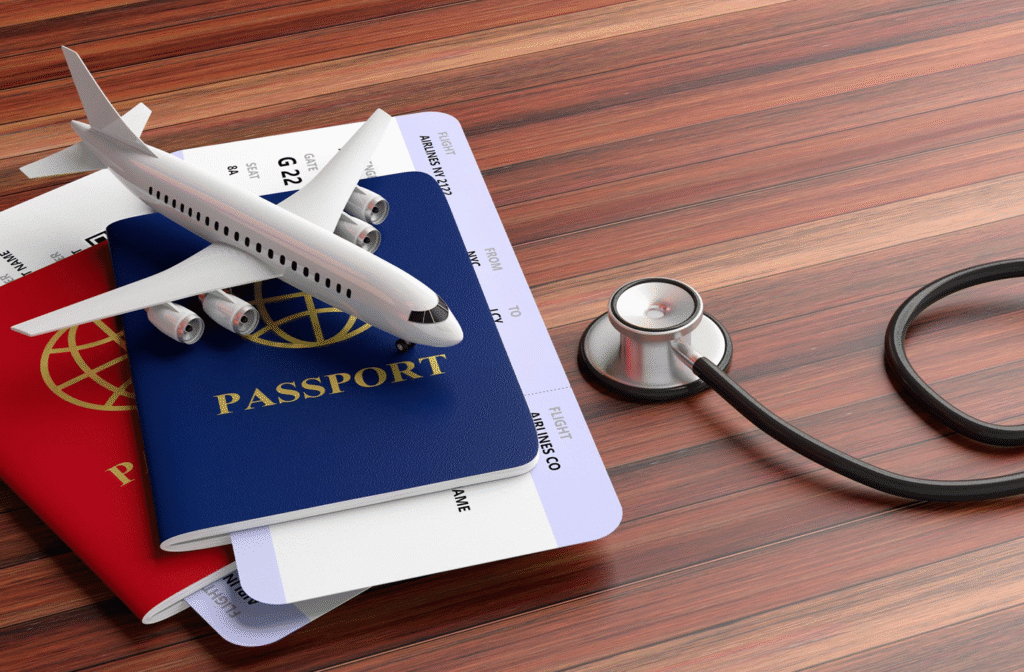
Health in Morocco: Travel Insurance and Vaccinations
When traveling to Morocco, whether by plane or ferry, no specific travel insurance or vaccinations are required for entry. However, it’s always highly recommended to be prepared.
Medical emergencies or unexpected incidents can happen at any time. Even if they’re minor, having travel insurance for Morocco will give you peace of mind and cover potential medical expenses, flight delays, or lost luggage.
Regarding food, Moroccan cuisine is delicious but often rich in spices and strong flavors. While pharmacies are easy to find throughout the country, it’s a good idea to carry a small travel health kit with essentials such as ibuprofen, paracetamol, aspirin, anti-diarrheal medication, and any personal prescriptions you may need.
Another important health tip: always drink bottled water during your stay in Morocco. This is a standard recommendation from official sources like the Spanish Ministry of Foreign Affairs (MAEC) and other international travel health organizations.
With the right precautions and a reliable travel insurance policy, you can enjoy Morocco’s beauty, culture, and adventure with complete peace of mind.
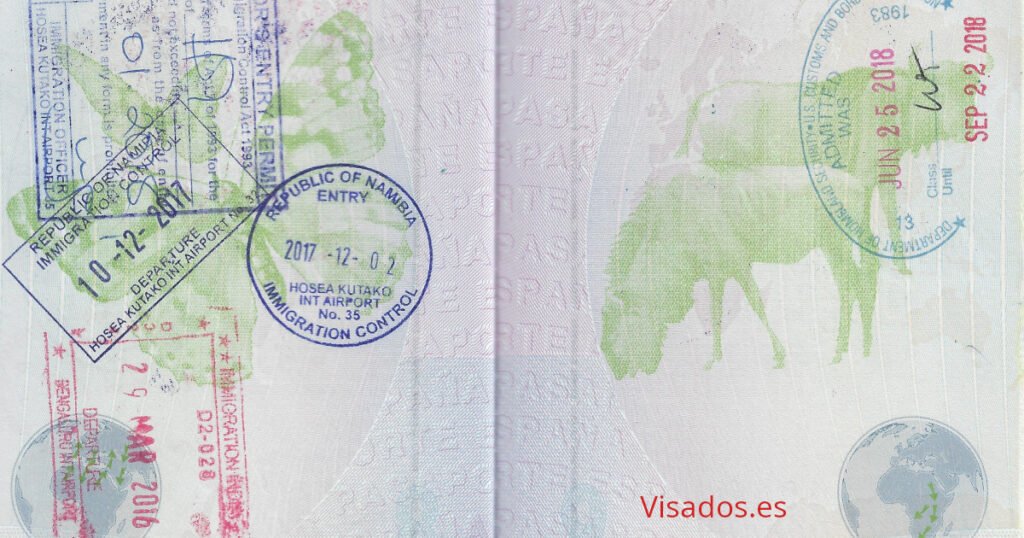
Visa Requirements for Traveling to Morocco
For most citizens of Europe and Latin America, it is not necessary to apply for a visa in advance to enter Morocco. However, it’s always advisable to verify this information with the nearest Moroccan embassy or consulate, or check online according to your nationality before traveling.
The main entry requirements for Morocco include having a valid passport with at least six months of validity from your arrival date, and completing a simple visitor entry form upon entering and leaving the country. This document must be presented along with your passport to border control authorities.
By ensuring your documents are in order and confirming your visa status in advance, you can enjoy a smooth and stress-free entry into Morocco.
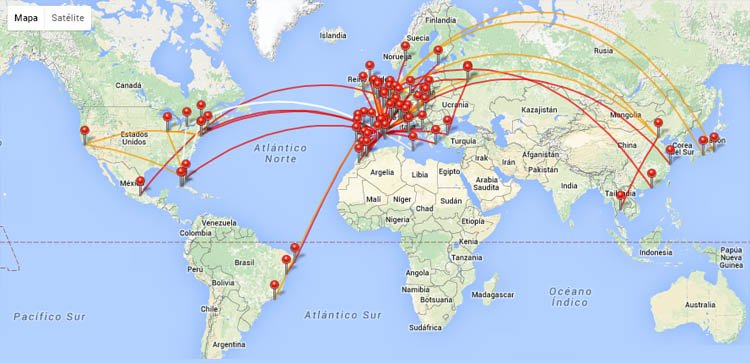
How to Get to Morocco: Flights and Ferry Connections
Morocco is well connected internationally thanks to its extensive network of airports and seaports.
From Spain and many major European cities, there are direct, non-stop flights to Morocco’s main destinations such as Casablanca, Marrakech, Fez, Agadir, Tangier, and Rabat. To reach smaller towns, you can easily connect via domestic flights, buses, or trains, all of which are efficient and affordable.
Another popular option is to travel by ferry from Spain or Portugal. Frequent routes operate from Algeciras and Tarifa, as well as other Spanish and Portuguese ports, offering short and comfortable crossings to Moroccan cities like Tangier and Ceuta.
Whether you fly or take a ferry, getting to Morocco is easy and convenient, making it an ideal destination for travelers from Europe and beyond.
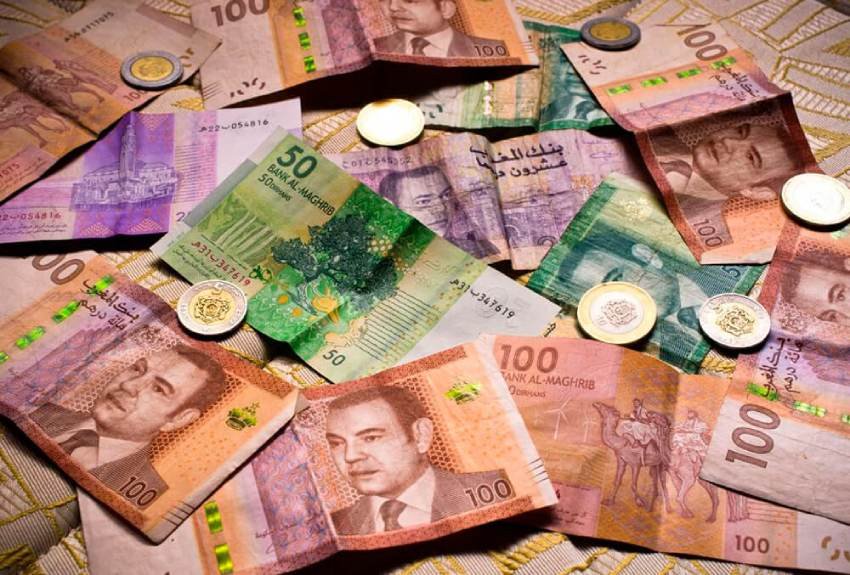
Currency in Morocco: Moroccan Dirham (MAD)
The official currency of Morocco is the Moroccan Dirham (DH), with the financial symbol MAD.
At major Moroccan airports, you’ll find currency exchange offices, although the rates there are usually less favorable. It’s best to exchange a small amount upon arrival for initial expenses, then make further exchanges at banks or authorized exchange offices in the city, where you’ll typically get a better rate.
To check the latest exchange rates in Morocco, use reliable platforms such as the XE.com app or website. As a general reference, 1 Euro equals approximately 10 Moroccan Dirhams, although the rate fluctuates daily.
💡 Tip: Credit and debit cards are accepted in most hotels, riads, and major restaurants, but it’s always useful to carry some cash for markets, taxis, and small local shops.
SALE
🌟 Last-Minute Morocco Deals Summer 2026
$ 930
$ 650
Last-Minute Morocco Deals 2026 | Private Tours, Best Prices & Guaranteed Quality
Enjoy Morocco this summer with exclusive last-minute offers. Discover the desert, the imperial cities, and the coast with comfort, safety, and unbeatable value.
- Special Offer – 5-Day Morocco Tour | Desert Adventure & Private Experience
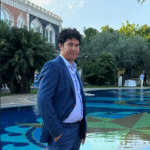
Ismael
Expert in Morocco Tours | Private, All-Inclusive & Customized Trips
🌍 More Information & Related Tours
To learn more about the Imperial Cities of Morocco, you can visit this official reference.
8 Days Morocco Tour – Imperial Cities
